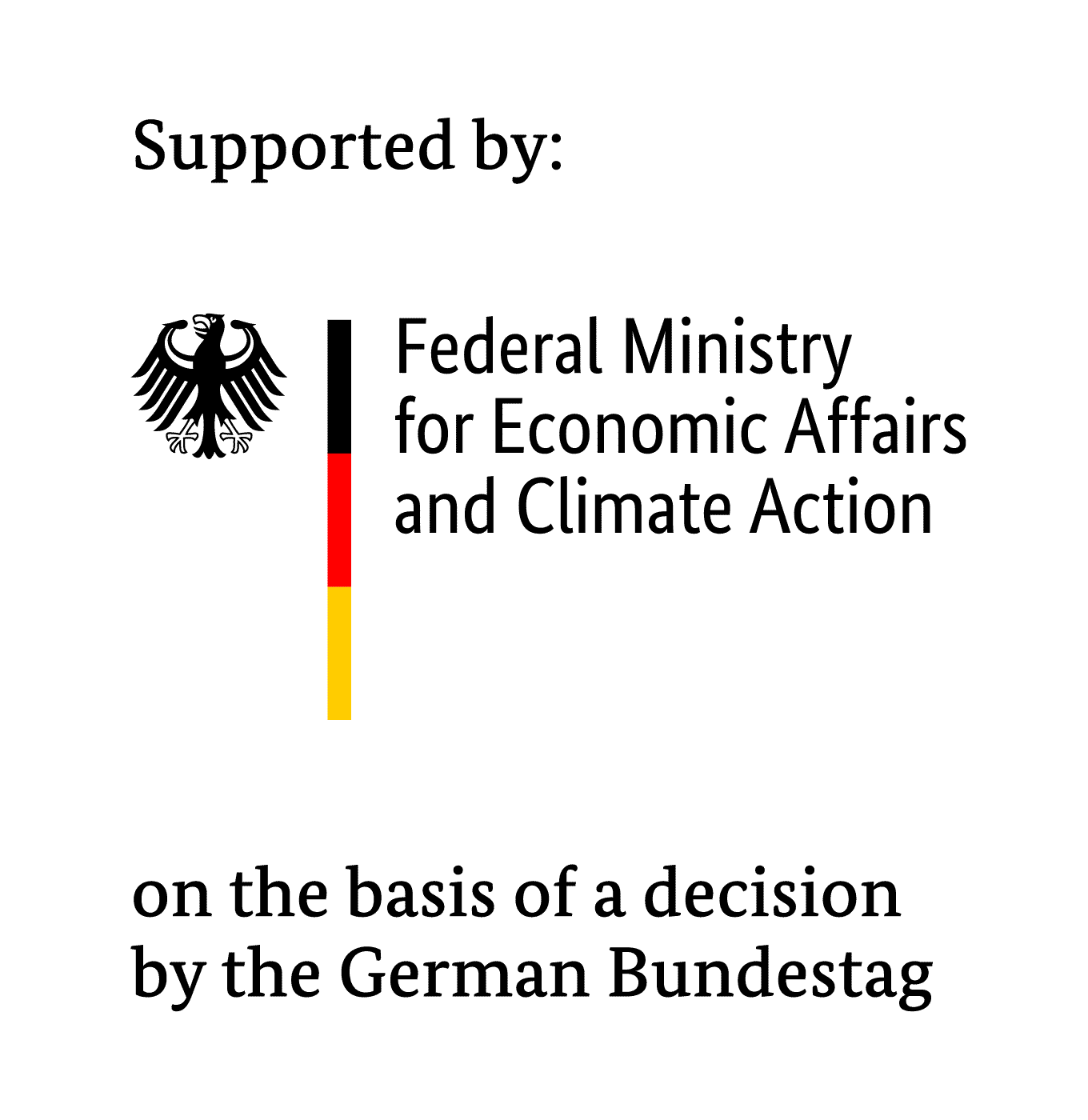Projectname:
Development of a biofilm imitation test system for rapid cleaning control in the food industry
Workgroup: Hygienic production
*Reasearch Partner and Scientific Guidance:**
Financing: BMWK
Laufzeit: 2022 – 2024
Hygiene is the most important requirement in the industrial production not only of food, but also of medicines and cosmetics. The relevance of surface and hand hygiene is also demonstrated by the current Covid-19 pandemic in Germany, Austria and worldwide. A hygienic and contamination-free processing has a decisive influence on the product quality and in particular on the shelf life as well as scrap losses in production.
The aim of the project is to develop an innovative biofilm cleaning test system, which will be used to validate cleaning and decontamination concepts in the industry. The novelty lies in the fact that a microbial-free biofilm imitate is coupled with an innovative test system to ensure a practically oriented cleaning verification. Standard traditional microbial methods and several rapid tests for the detection of proteins, NAD/NADH, or ATP (DIN 10516:2009-05) provide information about possible residues or contaminations at the tested spot but have one major limitation. None of these test methods, according to DIN 10516:2009-05 assesses the cleaning efficiency against biofilms, although they are the most common cause of contamination in the food industry.
The test system, which is being developed in the course of the biofilm imitate project, is, in comparison, specially designed for the detection of microbial accumulations or biofilms and is therefore practice-oriented and more efficient than traditional test methods. This approach of using engineered microorganism-free biofilms shows multiple advantages that can facilitate the understanding of biofilm behavior. The knowledge gained in the course of the development of the test method is essential for the future hygienic and safe food production. Especially for SMEs, the biofilm imitate rapid test system to be developed in Biomitate should offer a practical and cost-effective supplement or alternative to complex and expensive analytical processes and the associated internal/external laboratory infrastructure. In the project, a native biofilm reference matrix will be developed, and a cleaning test system for the comparison of biofilm reference and biofilm imitate will be established. Subsequently, a formulation including the manufacturing process of a biofilm imitate matrix is developed. Innovative methods from the field of rheology and microscopy will be combined to characterize the biofilm imitate. The next project phase is iterative, where the developed biofilm imitate matrix, compared to its biofilm reference, is subjected to a previously defined cleaning process to check whether the same cleaning-relevant properties could be achieved. Finally, the method is validated in an industrial environment.

The IGF project presented here by the Research Association of the Industrial Association for Food Technology and Packaging (IVLV e.V.) is funded by the Federal Ministry for Economic Affairs and Climate Action as part of the program for the promotion of industrial community research (IGF) based on a decision of the German Bundestag.